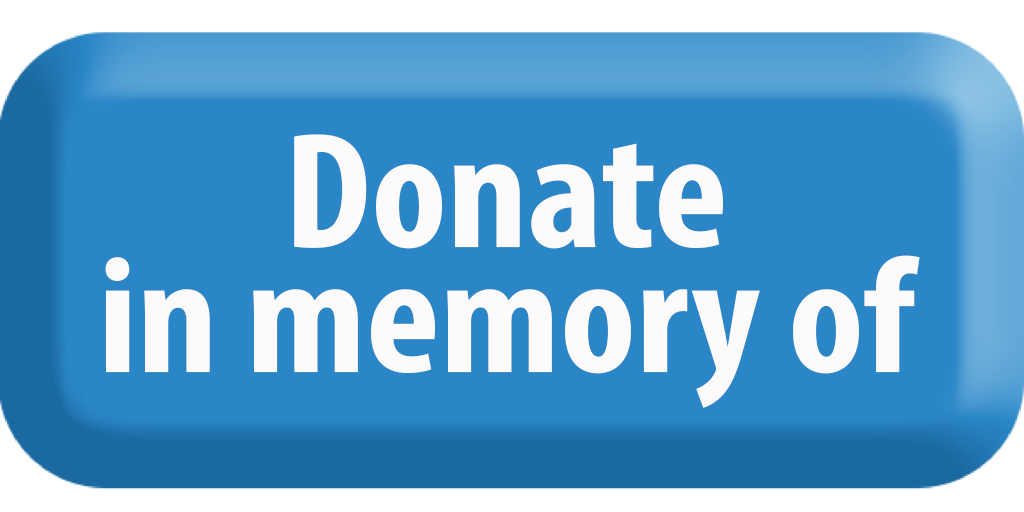Dear Hope Nation,
I’ve spent a lot of time in various recovery meetings over the years. Thus, I’ve heard a lot of explanations for the source, the cause, the genesis of addiction. For example, many folks believe in a genetic marker for addiction. The person prone to addiction has a gene switch that will be flipped the first time drugs or alcohol are introduced into the body. Perhaps. Other folks look to trauma as the seed of addiction. Distressing events, particularly at a young age, led to overwhelming stress which led to a predilection for addiction. Could be. Others explain their addiction in terms of co-occurring disorders. Depression (or anxiety or schizophrenia or bipolar disorder or …) caused a search for relief from symptoms. Alcohol and/or drugs offered relief, for a while at least.
As an old Yankee, I’m a bit more of a pragmatist. I don’t have any explanation whatsoever for why I’m an addict and alcoholic. Much as a man confronted with a pack of wolves does not concern himself with how they got there but instead focuses on how to survive, my life in recovery has been about escaping my need for escape. Still, I can think of one possible cause of my dilemma and present it below. I can make a case that television made me who I am. More accurately, the lessons television taught caused me.
If television has taught me anything, it’s that family members are assigned roles and learn to do their best within them. For instance, there’s the gruff but lovable grandfather, the mystical grandmother, the aunt who used to be wild, the aunt who still can’t be tamed, the cousin who only makes three or four appearances, then leaves never to be heard from again, et cetera. In the nuclear family, these roles are even more important—and once you’ve been assigned one, you’re pretty much typecast for the rest of the series. While literature illustrates the possibility of growth, development and change, television demonstrates the immutability of human nature. Lovable losers do not become romantic leads; if they’re lucky, they become psychopathic killers, but that’s only to avenge the hurt they’ve suffered as young lovable losers.
You’d think as the oldest child, adopted at the age of six months, thus having been off-camera for the messiest moments, I had a better than even shot at choosing my own role. I mean, my parents were thrilled to pick me up at the pound—er, social-worker’s office—review my papers and bring me home. From that moment forward, if pure existentialism were correct, I could start making the choices that would determine my future. Like Camus’ plague, though, a natural external force was introduced into what could have been Paradise: my parents liked having me around so much, they went shopping for another kid. My baby sister, Jennifer, was delivered to the house when I was three, upsetting the paradisiacal apple cart and banishing me from my previous glory.
Although my parents had adored me before Jennifer arrived, now they had a chance to compare me to a newer model. I didn’t bear up well in the examination. While I had been a chubby baby with a ready smile, Jennifer’s slender lines as an infant seemed so much newer, more up to date, less a reminder of the 1950’s when I was born and more a symbol of the new Camelotian 60’s. If we’d been used cars instead of used infants, I would have had a standard three-on-the-tree and Jennifer would have been a push-button automatic. If we’d been music, I was Perry Como and she was The Beatles. My parents may have fallen in love to Como, but they knew the Beatles were the future. At three years old, I was obsolete.
Too young to retire, I had to remake myself, stage a comeback as a new man-child. I had to defy television conventions. By the time I was four, I’d begun my transition from sweet, chubby pre-schooler to smart-aleck midget. I was physically very small, so small that when I began kindergarten, my mother had to lift me onto the bus or bring out a step-stool for me. This lack of size meant I couldn’t perform amazing feats of strength, and even in kindergarten I knew dazzling people with my smallness was no winner against a baby for God’s sake. If I was going to stay on the show, I had to break the chain, transform into a new boy, become what I’d never dreamed possible: I would be a wicked boy.
I wasn’t capable of becoming evil—looking for the good and destroying it because it was good—but I could be wicked, capable of upsetting any situation for chaos’ sake. I was sent home from kindergarten for disrupting the teacher with freshness, and for pulling down my pants in front of poor Cathy Palmer, the girl forced to sit next to the bad boy. In fact, poor Mrs. Granger (the word “poor” can be appended to any other people mentioned here—if they were forced to interact with me, they deserve sympathy), my kindergarten teacher, suggested I stay home from school from April vacation on. Ostensibly, this was to give me a chance to run off my energy and because I had already mastered the kindergarten “curriculum.” More honestly, in those days before teacher health insurance, I think she feared a breakdown.
While I was being wicked, Jennifer continued to delight. She’d bring in wildflowers; I’d tear down the expensive sapling my parents had planted on the lawn. She’d crawl into my mother’s lap; I’d be placed over my father’s knee. (Although I remember threats vividly, and waiting for spankings, I don’t remember any actual physical punishment. I expect my dad looked down the tunnel of my childhood, knowing that spanking his wicked five year old would have little effect. If he upped the ante, by the time I was in third grade, he’d be tearing fingernails off me with needle-nose pliers.) Jennifer was joy and delight, and I was, well, Keith.
If this were television, there’d be a final arc, one where I learned to be, if not good at least calmer in my wickedness. If this were television, an Object-Lesson Uncle would be brought on for a two-part episode, where I’d see the error of my ways. If this were television, call it Leave It to Keith, the writers would recognize they’d written themselves into a corner and either write me out of the show (military school, perhaps?) or ignore the boy they’d created and write my character based on its earlier innocence.
Unfortunately, this is not television. This is reality. Instead of denouement and a return to the halcyon days before Jennifer, I was bound for lots of detentions, drugs and, eventually, depravity. Followed, of course, by recovery.
QED
You matter. I matter. We matter.
Keith



